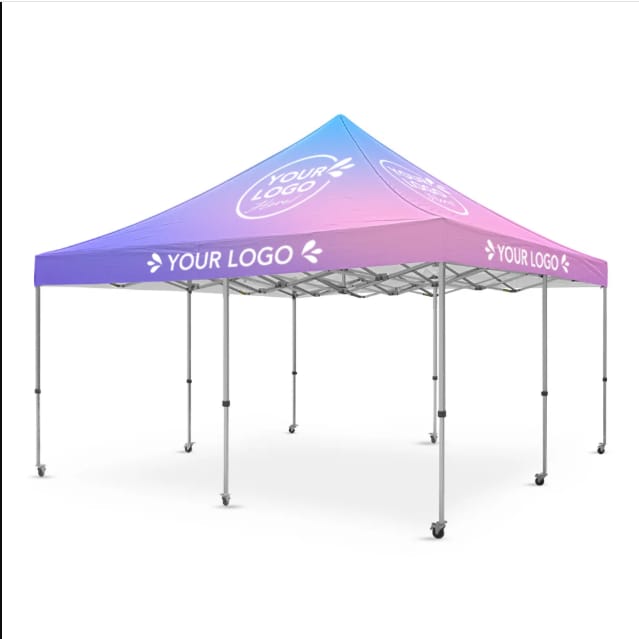
power
Entering forex trading can feel overwhelming, but understanding FX brokers simplifies things. An FX broker bridges traders and the forex market, enabling currency trades like USD/EUR or GBP/JPY. With many options, selecting the right broker is essential to trading successfully. Here’s a look into what FX brokers are and how they operate, as well as tips on choosing the right one for your trading journey.
What is a Forex Broker?
A forex broker allows individual traders to access the market, providing essential trading platforms and tools. Without brokers, reaching global currency markets would be difficult. A good broker enables you to monitor the market, execute trades efficiently, and manage your account securely. Choosing the right broker can streamline your trading experience.
Forex Trading Platforms Explained
FX brokers offer trading platforms where traders can analyse trends, execute trades, and manage portfolios. These platforms typically include charting tools, market news, and demo accounts to help beginners practice. Look for platforms that are easy to use, stable, and available on mobile to ensure you can trade from anywhere.
Types of FX Brokers
FX brokers usually fall into two types: Market Makers and Electronic Communication Network (ECN) Brokers.
- Market Makers: These brokers set their bids and ask prices, “making the market” for traders. They profit from the spread between buying and selling prices and offer stable trading environments.
- ECN Brokers: ECN brokers connect traders directly, charging a commission instead of profiting from the spread. They offer faster trade execution and lower spreads, benefiting experienced traders looking for competitive rates.
Understanding Fees and Spreads
FX brokers primarily earn through spreads (the difference between buy and sell prices) and commission fees. Some brokers offer fixed spreads, where the cost remains stable, while others have variable spreads, which change with market conditions.
- Fixed Spreads: These stay constant, giving traders predictability, particularly in calm markets.
- Variable Spreads: These fluctuate based on market volatility, which may impact trading costs during highly active periods.
Comparing fee structures across brokers can help you find one that aligns with your trading style and budget.
Regulatory Compliance and Security
When choosing a broker, regulatory compliance is vital. Reputable regulatory bodies, like the Financial Conduct Authority (FCA) in the U.K. or the Australian Securities and Investments Commission (ASIC), protect traders by enforcing transparency and fair practices.
Before you commit to a broker, verify if it’s regulated by a trusted authority to ensure your funds are secure and that you’re trading in a fair environment. Security features like two-factor authentication (2FA) and safe payment methods also add layers of protection for your trading account.
Types of Accounts Offered
FX brokers offer different account types to meet various trading needs, budgets, and experience levels:
- Standard Accounts: Commonly used for general trading with moderate experience.
- Mini/Micro Accounts: Smaller accounts are ideal for beginners or those who want to practice with limited funds.
- VIP/Professional Accounts: These accounts offer benefits like lower fees, dedicated support, and access to advanced tools tailored for high-volume traders.
Consider the features of each account type and choose one that suits your trading goals. Beginners may find micro accounts helpful, while seasoned traders might prefer the added benefits of professional accounts.
Importance of Customer Support and Resources
Reliable customer support is crucial when selecting a FX broker. Quick and knowledgeable support makes a difference, especially when you need assistance with trades or account issues. Look for brokers offering 24/7 support through chat, phone, and email.
Many brokers also offer resources like articles, webinars, and market analysis to support traders’ learning. Brokers that provide educational materials are invaluable, especially for beginners looking to understand the market, analyse trends, and develop effective strategies.
Tips for Choosing the Right FX Broker
To select a broker that aligns with your needs, consider the following:
- Platform and Tools: Ensure the broker’s platform is user-friendly and provides essential trading tools.
- Spreads and Fees: Opt for brokers with competitive spreads and minimal fees to suit your trading frequency.
- Regulatory Status: Confirm the broker’s regulatory compliance for security and transparency.
- Customer Support: A responsive support team is valuable, especially for quick assistance with trading issues.
- Educational Resources: Choose brokers with resources that support your trading knowledge, such as market analysis and tutorials.
In conclusion, choosing a FX broker is the first step to successful trading. Understanding what makes a broker trustworthy is crucial whether you’re a beginner or an experienced trader. The right broker helps you trade confidently, providing essential tools, resources, and support.
As you explore brokers, focus on those that align with your trading goals and offer resources to support your growth. With a trusted broker, you can confidently make informed trading decisions and explore the global forex market.
Write and Win: Participate in Creative writing Contest & International Essay Contest and win fabulous prizes.


